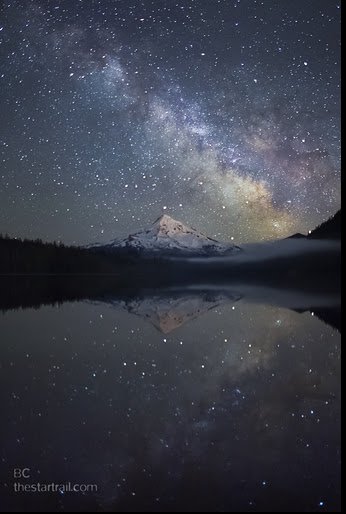The 600 rule
Okay, this is a simple but very useful tip that I picked up from the amazing Ben Canales in his Landscape Astrophotography Tutorial on Vimeo that provides some great tips for photographers looking to shoot the sky at night.
A key issue for shooting stars is the fact that you need to take long exposures. However, since the Earth is rotating – hopefully you already knew this 
The 600 rule is a simple guide to help prevent star trails. The rule of thumb is to divide 600 by the focal length of the lens you are using to give the maximum exposure time. The longer the focal length, the shorter the exposure time.
Example 1: 20mm lens = maximum 30 second exposure
Example 2: 85mm lens = maximum 7 second exposure
Note that the 600 rule is for full sensor cameras. If you are shooting with a cropped sensor you need to divide using 400 (1.5 crop eg. Nikon, Pentax) or 375 (1.6 crop eg. Canon) rather than 600.
So there you have it, a nice and easy to remember rule that will hopefully help produce amazing shots of the sky. Now I just need to get out of the city !
For more tips on shooting night landscapes, do check out Ben’s great tutorial.
[vimeo http://www.vimeo.com/16833554 w=400&h=300]
Finally, a post about shooting the night sky would not be complete without a shout out for Tom Lowe and his upcoming film Timescapes
[vimeo http://www.vimeo.com/33110953 w=400&h=225]
Thanks for stopping by. Until next time.
– Martin

